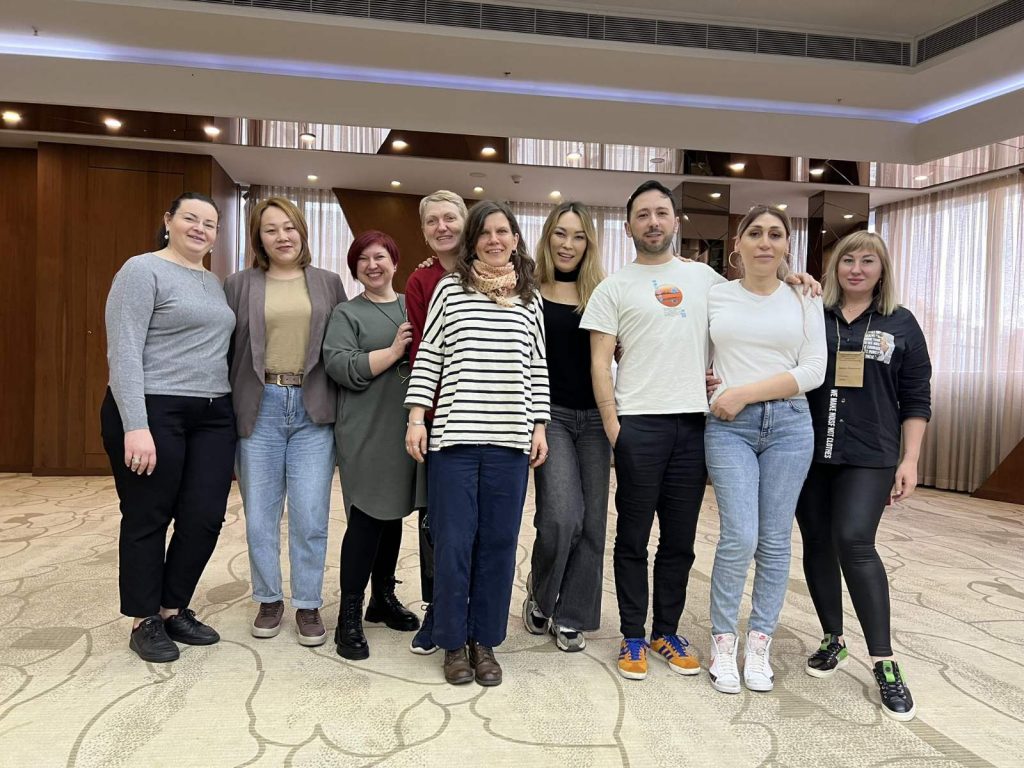Rise and Decriminalize: Regional Decriminalization Movement Gathers Momentum in Istanbul
Last week, a significant milestone was reached in the ongoing efforts to promote human rights and address the diverse needs of marginalized communities in the Eastern Europe and Central Asia (EECA) region. Representatives from five regional networks – SWAN, ECOM, EHRA, ENPUD, and EWNA – convened in Istanbul for a pivotal meeting aimed at advancing the Decriminalization Movement framework tailored specifically for the EECA region.
The Decriminalization Movement, which commenced a year ago, is founded upon four fundamental pillars designed to address the multifaceted challenges faced by sex workers, drug users, LGBT communities, and individuals living with HIV across the region. These pillars encompass Body Autonomy, Access to Justice, Freedom from Legal Restrictions, and Availability of Comprehensive Care Services. Under the rallying cry of “Rise & Decriminalize,” the movement is guided by the principle of solidarity.
The primary objective of this year’s gathering was to critically evaluate and endorse the concept of decriminalization while tailoring it to the unique circumstances and needs prevailing in EECA countries. Representatives from the participating networks, alongside member delegates from several countries within the region, collaborated intensively to formulate a clear and actionable blueprint for the Decriminalization Movement in EECA. This involved mapping out opportunities, establishing specific targets, delineating timelines, and identifying indicators of success.
The organizers extend their gratitude to the partners from the regional networks and the member representatives from Armenia, Moldova, Kazakhstan, Kyrgyzstan, and Ukraine for their unwavering dedication and contribution to the advancement of human rights for all individuals within the region.
The meeting in Istanbul signifies a significant stride forward in the journey toward decriminalization and the realization of human rights for marginalized communities across the EECA region. By fostering collaboration, solidarity, and strategic planning, the Decriminalization Movement continues to gather momentum, offering hope for a future where dignity, autonomy, and justice are afforded to all.
